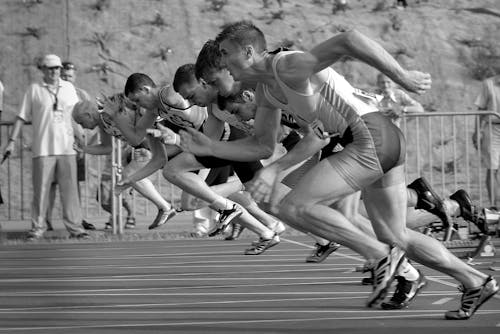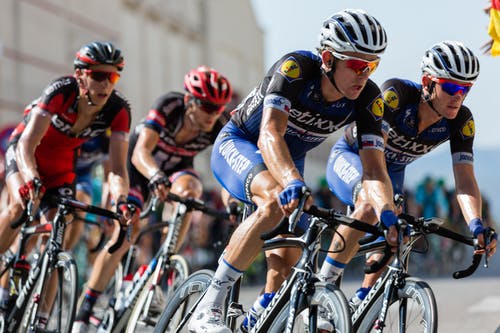Sports have become an increasingly popular pastime over the years. Whether played professionally or recreationally, sports have the capacity to consume athletes’ lives. Though sports can obviously have positive benefits, an obsession with sports can cause physical, mental, and emotional fatigue.
Sports obsession is not always bad. It can give athletes the motivation to work hard and achieve their goals. Sports can bring a different perspective on life and promote personal growth. However, when the lines between enjoyment and obsession are blurred, athletes risk injury and illness.
In its most extreme form, sports obsession can cause serious physical harm. Prolonged physical activity can cause exhaustion and even heart problems. Injuries are also prevalent in highly competitive leagues. Those playing contact sports or those who are extreme athletes put their bodies and overall health at risk. Furthermore, athletes who put too much pressure on themselves to perform may suffer from extreme mental and emotional fatigue.
The effects of sports obsession can also be seen in other areas of an athlete’s life. An athlete who focuses too much on sports can lose sight of other hobbies and recreational activities. This can create a situation where an athlete only finds joy in the sport. This is a slippery slope as the athlete may become too dependent and isolated from the outside world.
In addition to physical and mental health concerns, an athlete’s educational and career goals may also be affected. An athlete’s focus on sports may deter him or her from committing to other aspects of life. As a result, an athlete’s academic performance can suffer and time for classes and other activities may be limited.
Sports obsession should be taken seriously. It can have a wide range of negative consequences if not addressed properly. If an athlete is feeling overwhelmed or burned out, it is important to take a break from sport and assess the situation. This break can provide mental and emotional relief. Additionally, it is important to look for support from family and friends.
Ultimately, it is important to make sure that sports obsession does not cause physical, mental, and emotional fatigue. Although sports can have positive benefits, athletes should be aware of the potential consequences of becoming obsessed. If athletes can find a healthy balance between enjoying and obsessing over sports, they can continue to have a positive and fulfilling experience.










